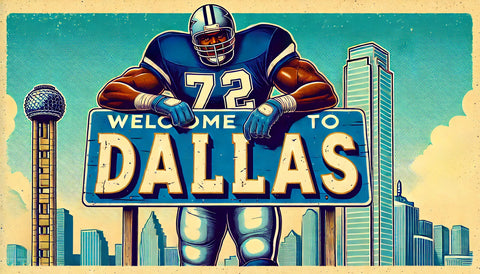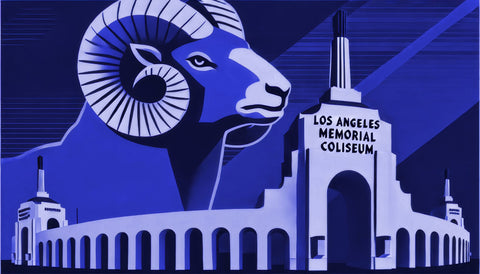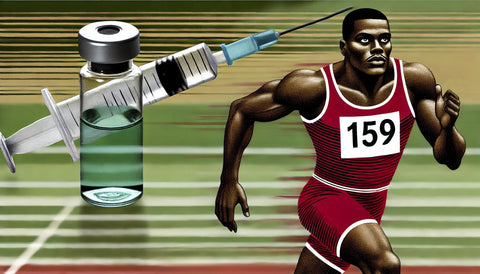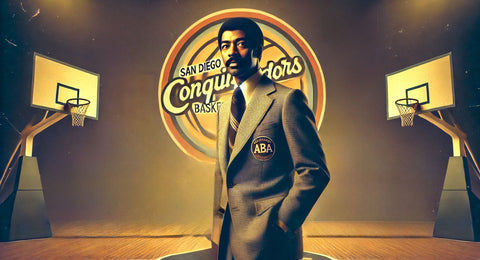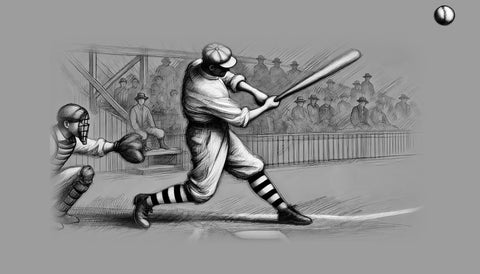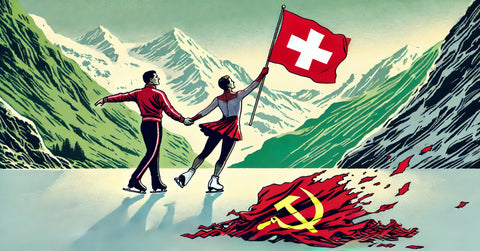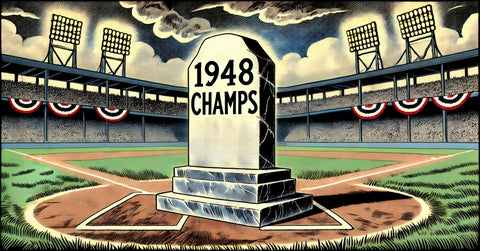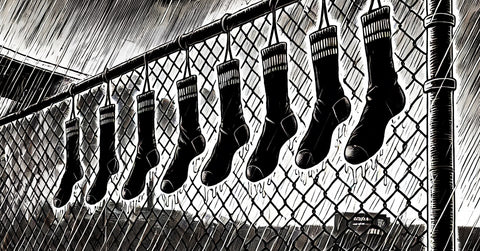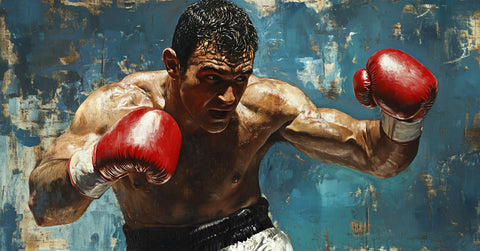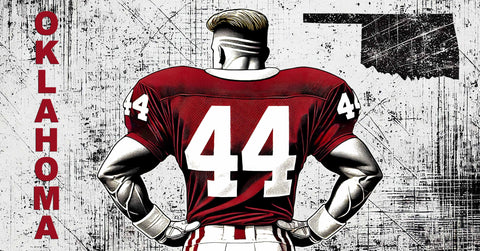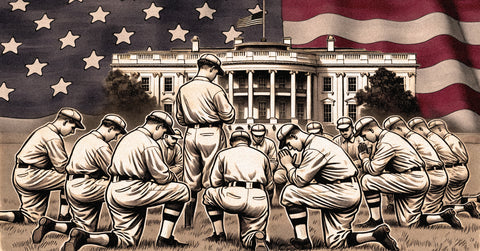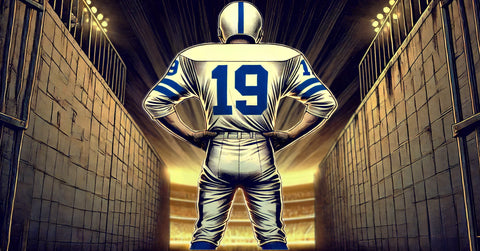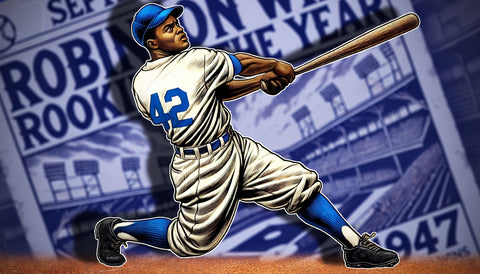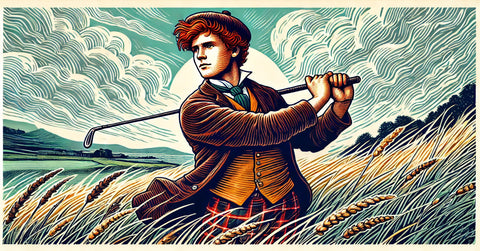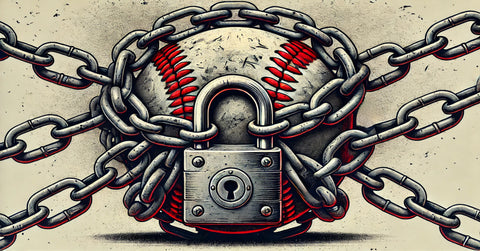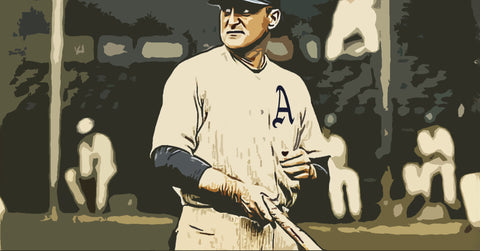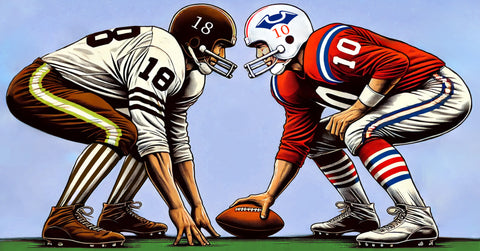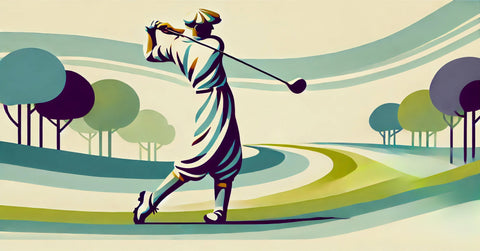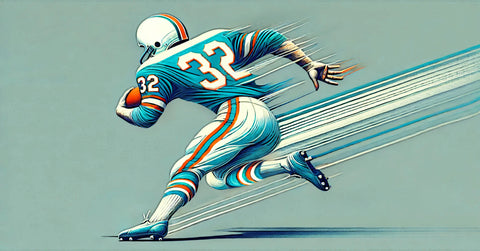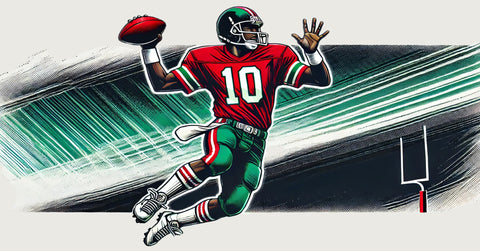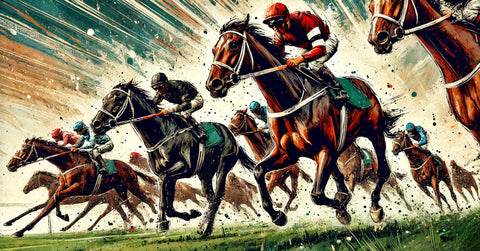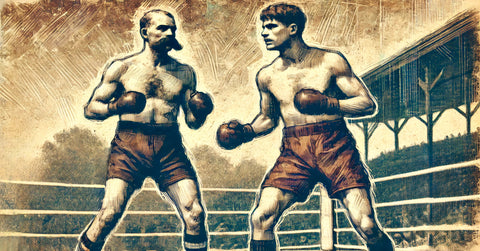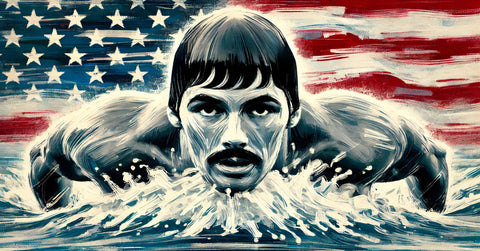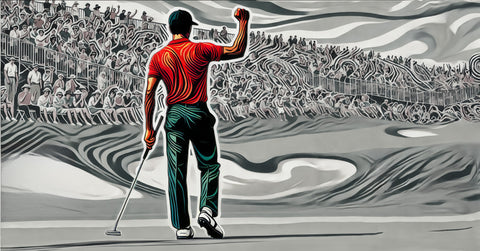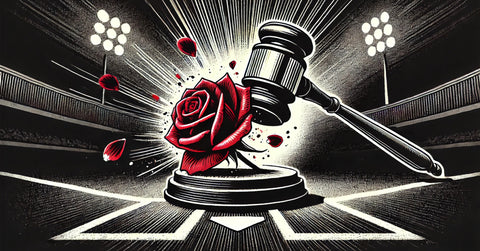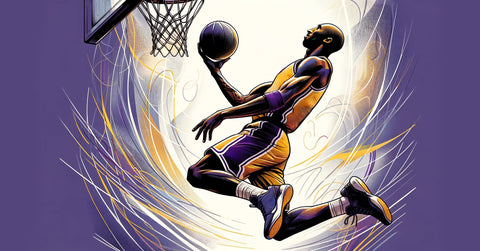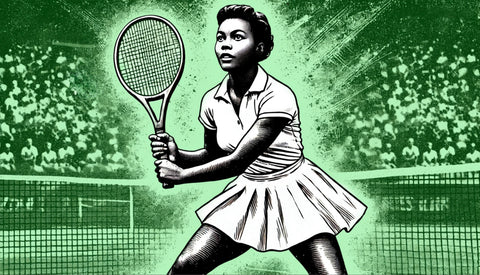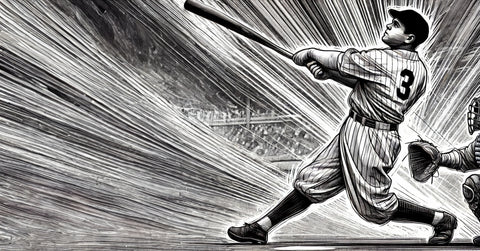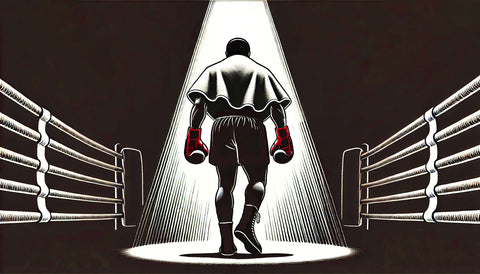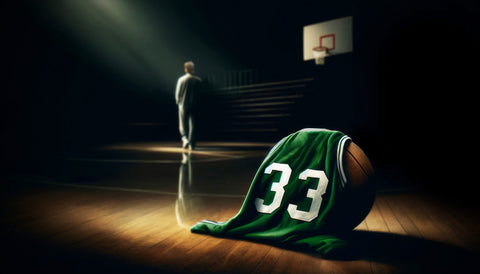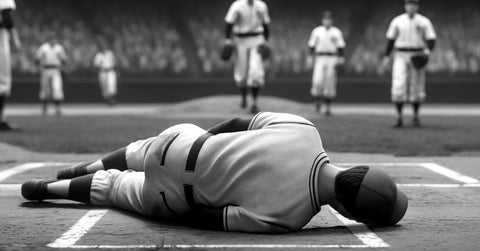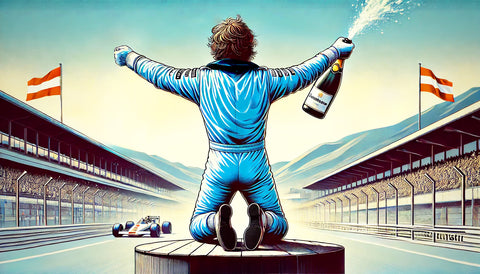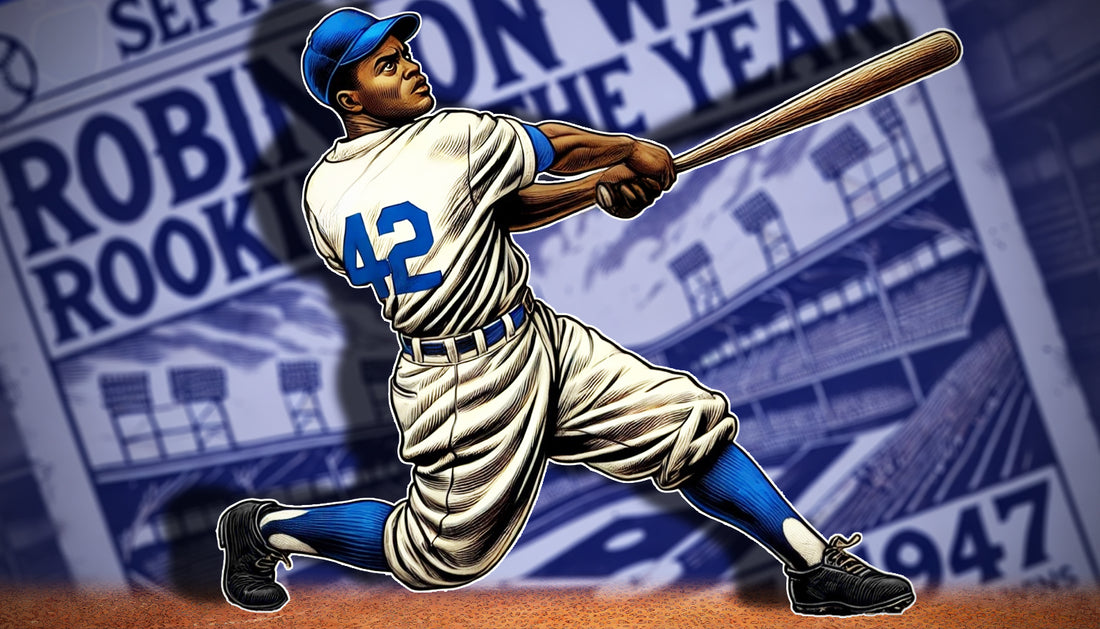
September 17, 1947: Jackie Robinson Wins Rookie of the Year, Igniting a Cultural Shift in Baseball
Share
September 17, 1947, will forever be etched in the annals of sports history. On this day, Jackie Robinson was named Rookie of the Year by The Sporting News. But this wasn’t just an ordinary accolade; it was a recognition of a man who transcended the sport of baseball, breaking barriers and challenging the status quo in one of the most racially segregated periods of American history. Robinson’s rookie season was remarkable not just because of his on-field performance but because of the sheer weight of expectations and pressures he carried every time he stepped onto the diamond.
Robinson’s impact extended far beyond the box score. By simply taking the field, he was challenging deeply entrenched social norms. He endured racial slurs, death threats, and isolation from some teammates. Yet, he never retaliated, adhering to his agreement with Dodgers general manager Branch Rickey to “turn the other cheek.” Robinson played with remarkable restraint and dignity in a world scrutinizing his every action.
On the field, Robinson’s numbers were nothing short of impressive. He batted .297, knocked in 12 home runs, drove in 48 RBIs, and stole 29 bases, all while playing first base, a position he had never played before that season. His speed, intelligence, and aggressive style on the basepaths became his calling card, frustrating pitchers and keeping defenses off balance. Robinson’s ability to make the opposition uneasy was legendary, as he stole bases with a swagger and instinct that hadn’t been seen in years.
Robinson’s contributions were felt across the league, but the significance of his performance went beyond baseball. For African Americans who had been relegated to cheering for Negro League teams, Robinson’s rise to stardom in Major League Baseball was a beacon of hope and a sign that change, though incremental, was coming. His debut had inspired black and white fans, uniting them behind his undeniable talent and relentless determination.
The award given to the most outstanding rookie in the game was not just about breaking barriers but also about excellence. Robinson wasn’t honored out of sympathy or for symbolic reasons; he earned this award through sheer merit. His leadership on the field helped lift the Dodgers to a National League pennant, and his ability to remain composed in the face of adversity made him a figure larger than the game itself. He embodied poise, resilience, and class, proving that greatness was possible under unimaginable pressure.
Robinson’s 1947 season didn’t just change baseball; it marked the beginning of a cultural shift in America. His courage and success set the stage for future athletes of color, pushing open doors that had long been closed. And while Robinson would go on to have an illustrious career, winning MVP honors in 1949 and earning a place in Cooperstown, his rookie season will forever be remembered as the year he took that first monumental step into the history books.
Today, more than seven decades later, Jackie Robinson’s legacy remains a shining example of how sports can catalyze social change. His Rookie of the Year award was a milestone for baseball and for a nation beginning to reckon with its racial inequalities. It was a victory not just for Jackie Robinson, but for all who believed in a better, more inclusive America.

